Meet Dr. Anne Wheeler, the new Catalyst Scholar in traumatic brain injury at SickKids
Kids’ brains aren’t adult brains. The injury and recovery processes in a developing brain are distinctly different from those in an adult one. Traumatic injury to a child’s brain can affect neurodevelopmental processes, resulting in unique consequences – how a person thinks and feels, how their body functions, and how their senses work – so it’s critical to understand these differences. Dr. Wheeler is exploring new ways to understand a child’s brain, and how to treat them.
Dr. Wheeler is exploring new ways to understand a child’s brain, and how to treat them.
Dr. Anne Wheeler completed her PhD at the University of Toronto in the Neurosciences and Mental Health Program at SickKids. She comes to her new role as a Traumatic Brain Injury (TBI) scholar at SickKids from the Translational Imaging Genetics Lab at the Centre for Addiction and Mental Health (CAMH).


